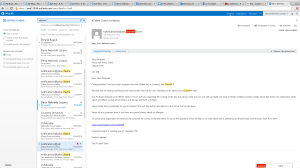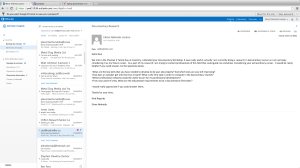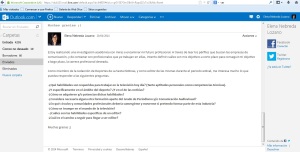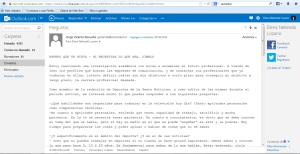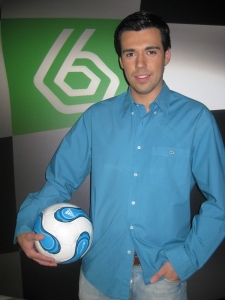While researching the skills and job profiles around sports media market, I realized that the roles in the television industry are not the same in UK than in Spain.
The spanish figure of «realizador» (originally, Realisateur in french) does not exist in the Biritsh Television Industry. Their duties are accomplished both by editors and producers.
This time I have interviewed José Antonio Iglesias Benítez, realisateur at Telemadrid for more than ten years (after a beginning being production assistant) that has just published a book with RTVE (the public broadcaster in Spain) about Sports Television Production (exactly it is not about the production but the Realization, but as it does not make sense in English).
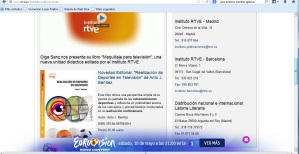
The reason I choosed Antonio is because I love what he does, he has been realisateur for footbal matches for many years, that means than when Champions League is on live he is next to the stadium in a mobile unit/ OB van.
Making decisions at the moment, he is the one who decides which camera is on live at each second so he is actually the one who makes you not to loose any detail of the game, he is the one who decides which perspective are you goint to see the goal or the save of the goalkeeper from. He is the leader of a complete team of television professionals, he is the head of all of them, the final responsible of everything.
Once more the questions were answered by e-mail and in spanish, given the fact of the expensive foreign calls and the low level of English of the interviewed.

Contact details.
José Antonio Benítez Iglesias
abenitez@hum.uc3m.es
Telephone 916248586
What skills are required to work in the Television Industry nowadays?
It depends on what exactly you want to do. There are different roles, in the British industry the production and the “realization” are almost the same thing. Anyway, there used to be some tasks that were done just by specialists and nowadays they are made by other professionals.
You must know how to conceptualize an editing; how to film and edit audio and video is also a must. You should have also some knowledge about graphic design, specially movement graphic design as it is for TV production.
And specifically in the sports world?
It does not matter which world you are in, you have to know what the audience likes and who are the media referents in that world. It would be also important to understand how to get to be a referent.
How do you develop or improve those skills?
I have to make a point here and say that in media it is not the same to work in mono-camera that in multi-camera. Unluckily, most of the skills working in multi-camera can be only improved in its own scenario, or in a truly fake academic scenario – and there are very few. However, there are some television activities that are really interesting and in which you can work in your own just with an editing software and a semi professional camera, such as promotions.
Do you think there are other educational requirements apart from the degree in Journalism or Media Production?
Related to the previous answer, it may be a bit of publicity and persuasive genders. Moreover, you need team working skills, and obviously you have to learn about sports.
Which professional networks I should engage in to be part of this industry?
It is quite ‘easy” to start by doing promotion, as I said before. The rest of jobs you usually get them by doing an internship or a trainee program.
What are the specific skills of the editor?
You must be aware that you have two clients, the person you work for and the audience. You must know both of them, and what they fancy. You have to know how to ask and fully understand the people that order you the work. You need to be good both at observation an imagination. You must know what technology advances could help you out and give up all those that is not really helpful. You have to translate your own imagination to get your team intellectually inspired and motivated. And, as in every single job: be willing to learn each single day and discover new challenges and opportunities inside the working routine.
How do you get into the editor career?
I wish I could answer that. I know hundreds of colleagues that have got into this and each one have made it in a different way.
Reflection
A. Benítez didn’t say specifically anything about the passion of this as a work and not as a hobby, and that was for me one of the most interesting things thar Jorge said. Because I actually love sports but sometimes, above all after Channel 4 Talent Day, I wonder if I really want to make a career out of it or just enjoy it as a hobby. What A. Benitez did say is that you do not have to fall down into a routine, you have to make things entertaining and inspiring, enjoy and make your crew enjoy the work… To be hnest in all his answers you can see you must be interested in sports.
Anyway, My reflection on getting into the sports television world after both this inverview and Jorge’s one is the same.
No one of them are sure of what to do to have an incredible career in it, people get to the top of it through many different ways and most of them have been chosen by bosses. I already experimented the feeling during this summer internship, they have to believe in you and they have to give you a chance. Even the fact of being an intern was a chance, I was selected through the whole amount of CV’s to go to the interviews and after that I was selected among all the people in the interview. I really like some aspects of this specific field and I am going to try to make my practicum of the final year (next year by this time I have to do at least 2 months of internship if I want to get my degree) in this, but what I am not going to do is wait for someone to choose me without doing anything.
I mean, I was already lucky with the internship this summer and even if I do that again and I stay even more months, all the broadcasters are now in crisis and they are not hiring new crew, they just take students while they are cheap, as maximum as possible without earning a proper salary, as if it was kind of a grant, and then fire them. So you never now what to expect, even if you do all things great and keep learning you can be fired anyway.
That’s why I am going to try hard, following Anto’s and Jorge’s advices to get other internship and to learnas much as possibe.However, at the same time during the academic year left I am going to develop other skills and careers as a freelance, non-depending so much on other people believen in you or economical/political situation of the moment.
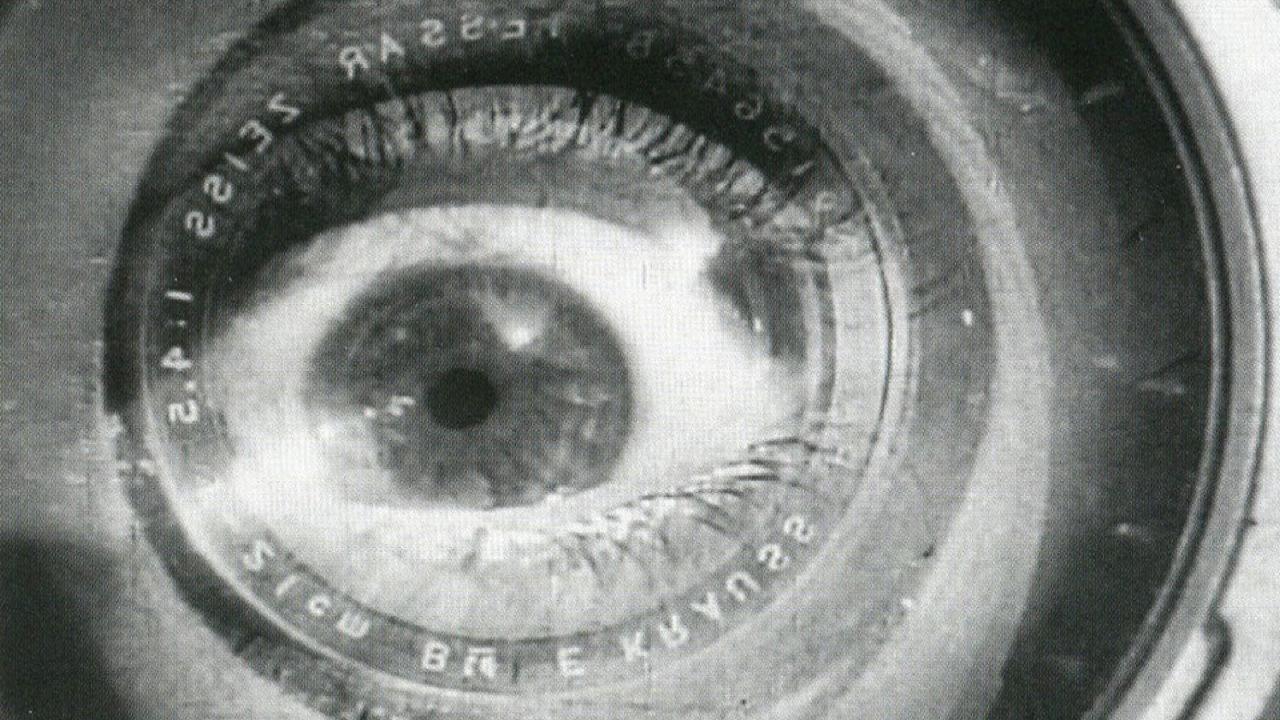
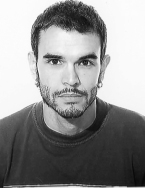
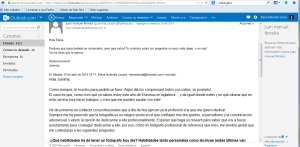
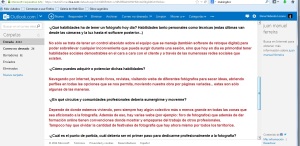

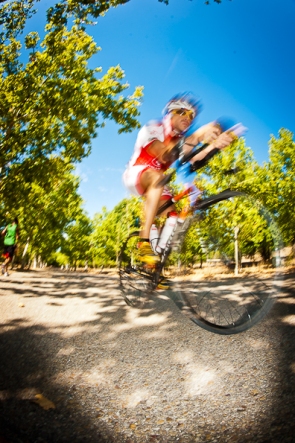
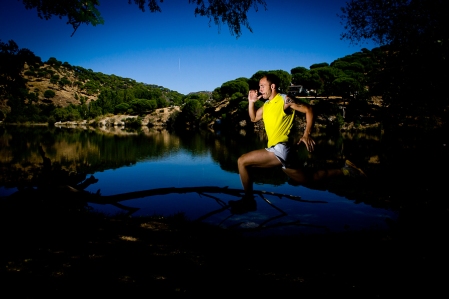

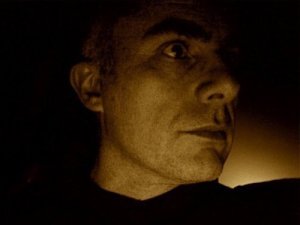
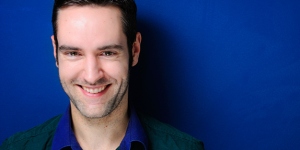
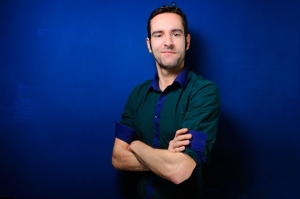 How does an outsider get into scriptwriting?
How does an outsider get into scriptwriting?